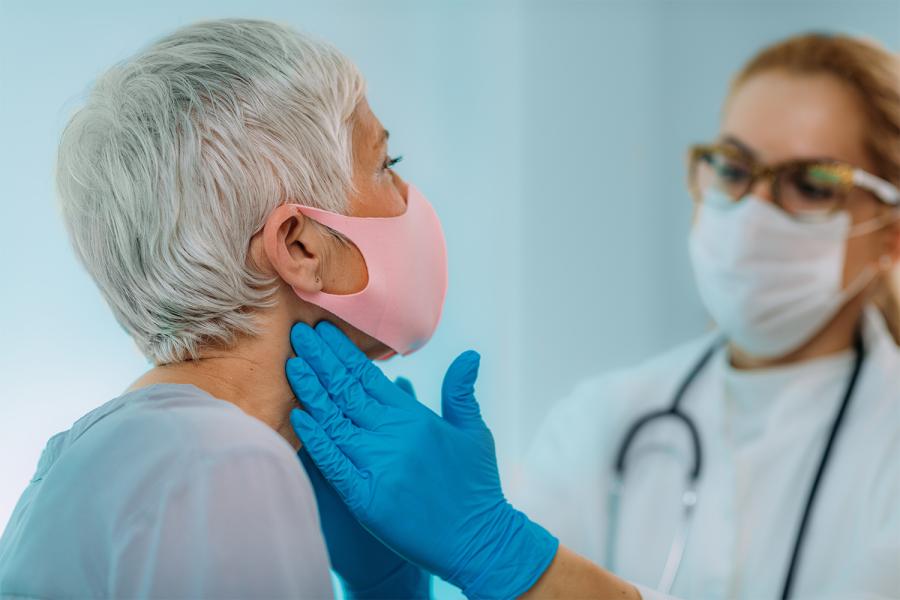Center for the Investigation of Environmental Hazards

NYU Langone’s Center for the Investigation of Environmental Hazards, or NYU CIEH, performs fundamental toxicologic and epidemiologic studies with strong focuses on heavy metals, air pollution, severe weather, and endocrine-disrupting chemicals. That research is translated into policy and practice in order to detect, understand, and prevent environmental hazard-induced human diseases.
Our center sustains international leadership in exposure assessment of air pollution and heavy metals, a productive research portfolio in laboratory studies of heavy metal exposures, and a strong track record of innovative studies of the toxicologic effects of air pollutants. We have effectively translated research regarding the effects of environmental exposures to decision makers and communities, building on the model for translational research elaborated by the National Institute of Environmental Health (NIEHS).
Based on the success of last year’s event, we will be hosting our second annual Plastics, Human Health, and Solutions Symposium on Monday, September 22, 2025, in partnership with A Plastic Planet. This year’s event will cover the latest global micro/nano-plastic research on human health from leading scientists in the first half of the day, and engaging discussions about all recent developments on policy, the United Nations’ Plastics Treaty, and the role of law in the latter half of the day. For more information about the symposium, please navigate to the page below.
Contact Us
For more information about the Center for the Investigation of Environmental Hazards, contact us at NYUCIEH2@NYULangone.org or follow us on Twitter at @NYULHCIEH.
Temporal and Geographic Variability of Bisphenol Levels in Humans
Read More
Plastics and Human Health Symposium
Read More
Exposure to Environmental Chemicals and Perinatal Psychopathology
Read More
Subway Stations Near River Tunnels Have Worst Air Quality
Read More
Endocrine-Disrupting Chemicals Have Implications for Human Health
Read More
Dr. Leonardo Trasande Discusses Thousands of Chemicals Found in Consumer Products and Food
Read More
Related News

Experts Call for Limits on Children’s Plastic Exposure

Heart Disease Deaths Worldwide Linked to Phthalates

NYC Fireworks Display Prompts Surge of Air Pollution

Preterm Births Tied to Phthalates May Cost Country Billions

Subway Stations Near River Tunnels Have Worst Air Quality

Exposure to PFAS Chemicals Costs United States Billions

Chemicals in Pet Waste May Signal Threats to Human Health

Study Links Phthalates in Consumer Products to Early Death

Deaths Linked to Phthalates Cost United States Billions
